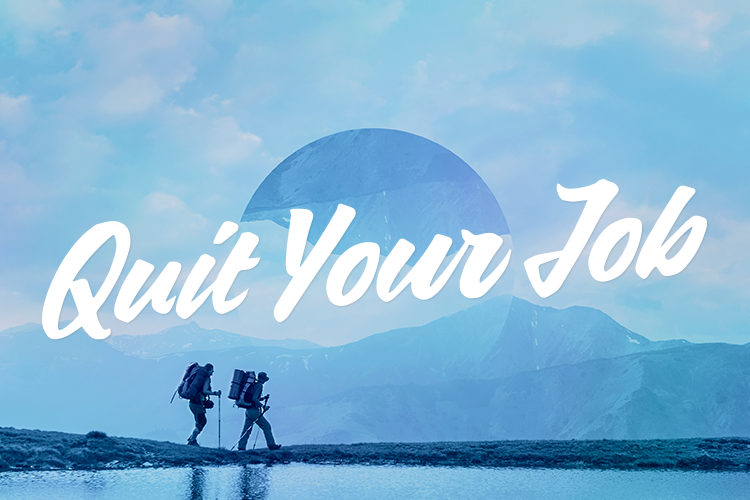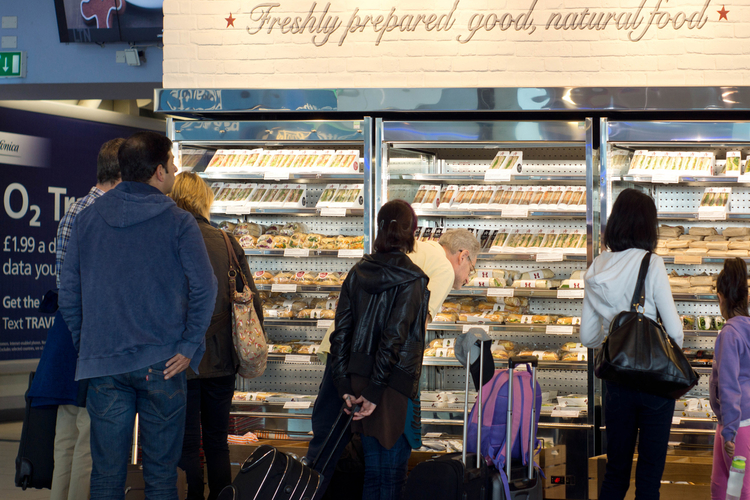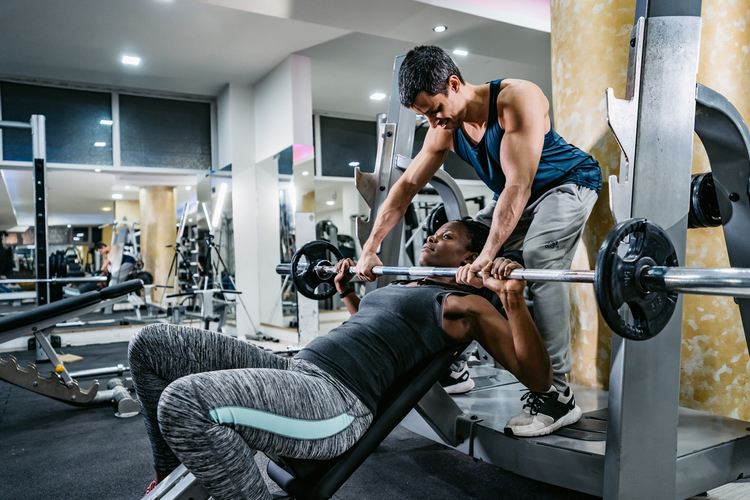5 Things you need to do to become a nomad
I’ll never forget the first time I traded my awkward, clunking suitcase on wheels for a backpack. I was a 20-year-old college student, studying abroad in Israel with my best friend. We had three weeks off from classes and were craving an adventure, so we booked one-way tickets to Istanbul, scheduled return flights out of Milan, and stuffed our packs to the brim with outfits we didn’t need. The 1,225 miles between the two countries were a blank slate. It didn’t take long for me to become drunk off of the exhilarating freedom this type of travel provided. We went where we wanted to, added and dropped destinations from our itinerary on a whim, hopped on trains minutes before they left and showed up in cities without any plans or reservations, often using our backpacks as pillows in the early morning hours before check-in. We marveled at the brave, adventurous people who were traveling like us, but for months on end — and actually seemed to know what they were doing, whereas we felt like we were just playing dress up.
Looking back seven years and 35+ countries later, it’s safe to say I didn’t just get drunk off of the freedom and adventure of backpacking; It became an essential part of who I was as a person. Since graduating college I’ve yurt-hopped around Kyrgyzstan, hitchhiked the dusty roads of Kenya, ate my way through Southeast Asia, traveled South America by motorcycle, and had countless other unforgettable experiences.
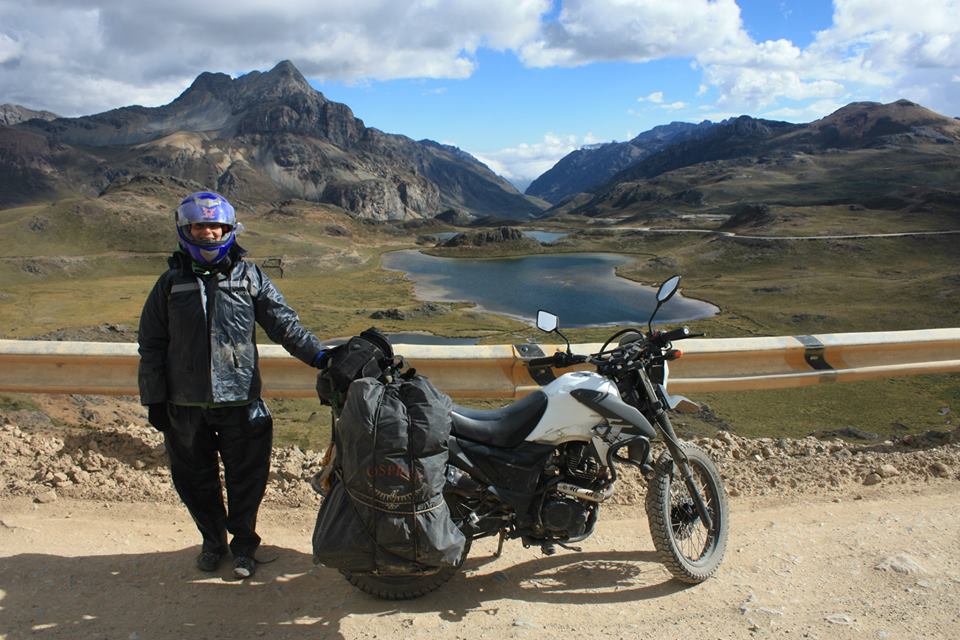
All the while, my friends, family and acquaintances in the US have been saying the same thing: “You’re so lucky; I wish I could travel the way you do.” Or: “I wish I had traveled more when I was young.”
I recognize that I have been fortunate to travel, and while I acknowledge it’s not possible for everyone, I also know it’s not as far-fetched as people think. There are countless excuses you can make, but really it’s fear that stops people from taking the plunge. Fear of the unknown, fear of throwing away the routine you’re comfortable with, fear of quitting your job. But if I – a product of Midwestern suburbia, mind you – can do it, so can you.
So, how do you become a nomad?
1. Get your finances in order:
Traveling abroad for months on end sounds a lot more expensive than it really is. I spent an average of $20/day in Southeast Asia and about $30/day in South America. Think about how much you spend going out to eat and drink in a week and put that into perspective.
Prioritize: trade in your Starbucks for the subpar office offering, skip lunches out in favor of leftovers, that kind of thing. Nobody said you wouldn’t have to make sacrifices! Pick up an extra job like waiting tables, driving for Uber or babysitting. Make a budget and stick to it. When I first decided to travel after college I moved back in with my parents for six months and got two restaurant jobs, babysat and dog-sat on the side. I didn’t have time to spend the money I was making even if I wanted to.
Once you’re abroad, there are plenty of ways to keep cost down: join couch surfing websites where you can get a truly authentic experience and maybe even a place to crash. Use public transport, eat where the locals eat and stick to dorm style accommodations. While the thought of riding on a cramped chicken bus in Guatemala for six hours might make you cringe now, I promise it’s something you will fondly remember for years to come.
2. Figure out where you want to go (BUT DON’T OVERPLAN):
What interests you – white sand beaches and island hopping? Colorful colonial architecture and bustling marketplaces? Have you always dreamed of learning Chinese? Yearned to trek the peaks of Central Asia? You have 195 countries to choose from folks; the world is truly your oyster.

In my opinion Southeast Asia is the ideal location for a first-time backpacker. It’s cheap, there is an established backpacking scene, you don’t need to know a local language to get by (though picking up a few words is always encouraged), it’s easy to travel between countries, and the food — don’t even get me started on the food. Not to mention the region has everything you could want: mountains, beaches, ruins, world-class scuba diving, surfing, the list goes on.
3. Do your research:
Obviously the Internet holds the answers to all your travel queries. I prefer using a combination of the website Wikitravel and reading travel blogs. I’m not a huge fan of guidebooks like Lonely Planet, but they can be a great reference point for first-time travelers. The truth is, the best advice comes by word of mouth. Hang out in the common area of any hostel and you are sure to meet someone coming from wherever you’re headed who will be happy to give you recommendations.
4. Free yourself:
I know, I know, you have a lease, you have a job, you have a car. There will always be a reason why now isn’t the right time. But, as they say, there’s no time like the present! Sublease your apartment, sell your car and quit your job! You’ll be fine, I promise. In fact, there are countless reasons traveling will actually make you more employable. Cultural competence? Amazing people and problem solving skills? Thinking on your feet? You will return a much better rounded candidate than you left.
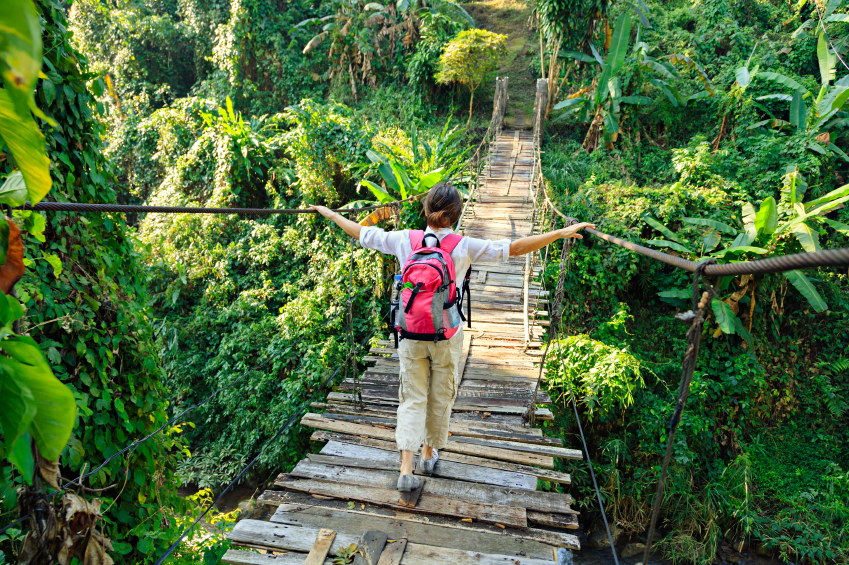
5. Dot the “i’s” and cross the “t’s”:
Make sure your passport is up to date and has at least six months of validity. A lot of countries won’t let you in otherwise. Check the visa situation in advance. While many countries don’t require Americans get a visa, or make them available upon arrival, some countries (e.g. China, India, Vietnam) are a bit trickier.
Make sure you have a debit card with no foreign or ATM fees. This will save you hundreds of dollars and there are a ton of options available.
And lastly, you must have health insurance. The good thing is, it’s way easier and cheaper to get travel health insurance than regular health insurance.
Danielle’s personal note:
Why do I really care so much if other people travel? The answer is, because I truly believe travel makes the world a better place! You discover things about how the world works that you would never come across in a classroom. You make friends from every walk of life imaginable. You learn about tolerance and compassion — two qualities that are oh so very important this crazy day in age.
So, do you feel like you’re ready to be a nomad? Share some of your experiences and travel suggestions below!
If I can leave you with anything it’s this: take a leap of faith, venture out of your comfort zone and explore the world; even if it’s only for a month. You won’t regret it (Optional side effects to traveling may include: Not wanting to come home, loving life too much and renewed outlook syndrome)
